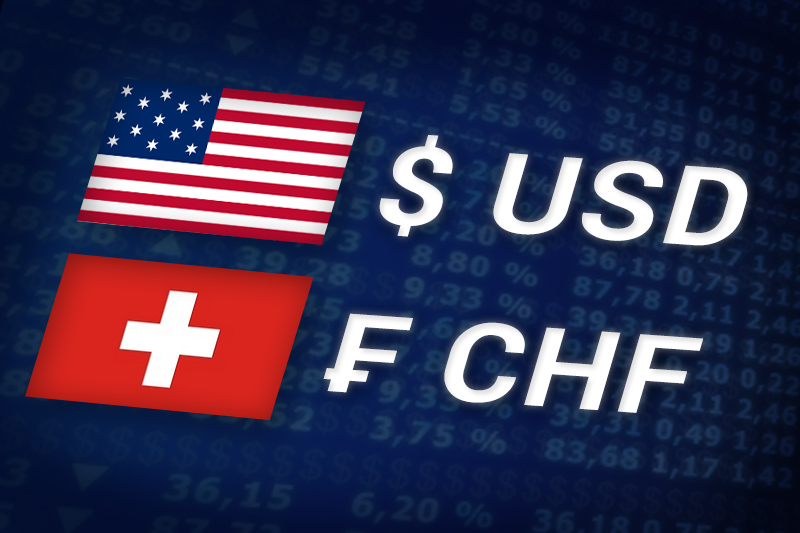Investing.com - The U.S. dollar was lower against the Swiss franc on Tuesday, as market sentiment firmed up following better-than-expected German economic growth data, but safe have demand remained supported amid concerns over political turmoil in Greece.
USD/CHF hit 0.9334 during European morning trade, the session low; the pair subsequently consolidated at 0.9344, slipping 0.25%.
The pair was likely to find support at 0.9306, Monday’s low and resistance at 0.9371, the session high and an almost four-month high.
Market sentiment improved after preliminary data showed that Germany’s economy expanded more-than-expected in the first quarter, indicating that the euro zone’s largest economy is weathering the effects of the crisis in the region.
Germany’s gross domestic product grew by a seasonally adjusted 0.5% in the three months to March, above expectations for a growth of 0.1%.
A separate report showed that the euro zone’s GDP was flat during the three months to March, defying expectations for a contraction of 0.2%. The euro zone economy contracted by 0.3% in the fourth quarter of 2011.
Investors remained on edge amid fears that last ditch talks aimed at forming a government in Greece would fail after a more than week-long political stalemate fuelled fears over the country’s ability to uphold its financial commitments and its possible exit from the euro zone.
Data earlier showed that Greece’s GDP contracted at an annualized rate of 6.2% in the first three months of 2012.
The Swissie was little changed against the euro, with EUR/CHF dipping 0.01% to hit 1.2010.
Later in the day, the U.S. was to publish official data on retail sales and consumer price inflation, as well as a report on manufacturing activity in New York.
USD/CHF hit 0.9334 during European morning trade, the session low; the pair subsequently consolidated at 0.9344, slipping 0.25%.
The pair was likely to find support at 0.9306, Monday’s low and resistance at 0.9371, the session high and an almost four-month high.
Market sentiment improved after preliminary data showed that Germany’s economy expanded more-than-expected in the first quarter, indicating that the euro zone’s largest economy is weathering the effects of the crisis in the region.
Germany’s gross domestic product grew by a seasonally adjusted 0.5% in the three months to March, above expectations for a growth of 0.1%.
A separate report showed that the euro zone’s GDP was flat during the three months to March, defying expectations for a contraction of 0.2%. The euro zone economy contracted by 0.3% in the fourth quarter of 2011.
Investors remained on edge amid fears that last ditch talks aimed at forming a government in Greece would fail after a more than week-long political stalemate fuelled fears over the country’s ability to uphold its financial commitments and its possible exit from the euro zone.
Data earlier showed that Greece’s GDP contracted at an annualized rate of 6.2% in the first three months of 2012.
The Swissie was little changed against the euro, with EUR/CHF dipping 0.01% to hit 1.2010.
Later in the day, the U.S. was to publish official data on retail sales and consumer price inflation, as well as a report on manufacturing activity in New York.
